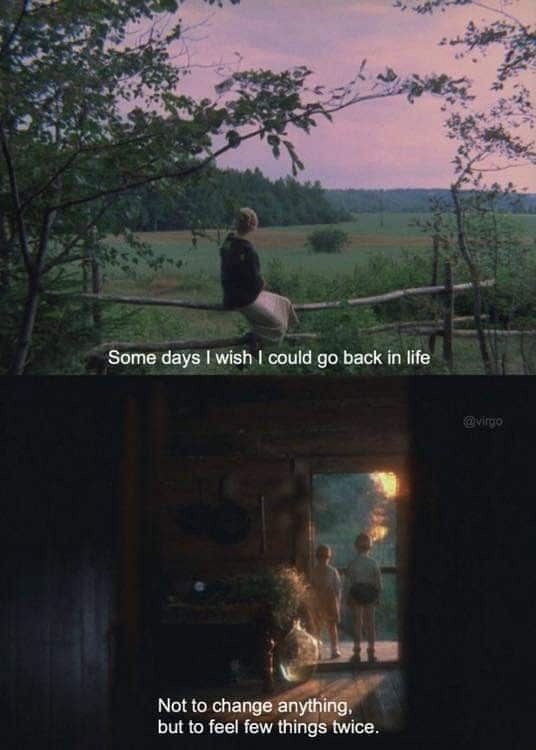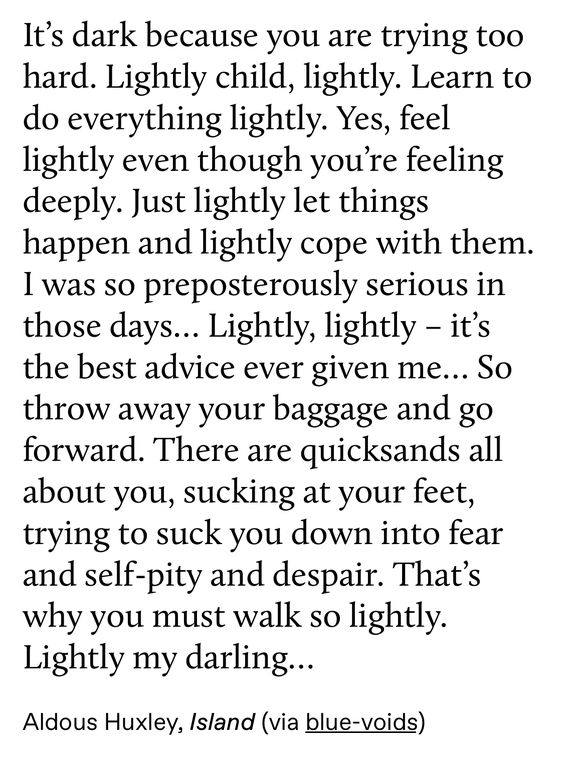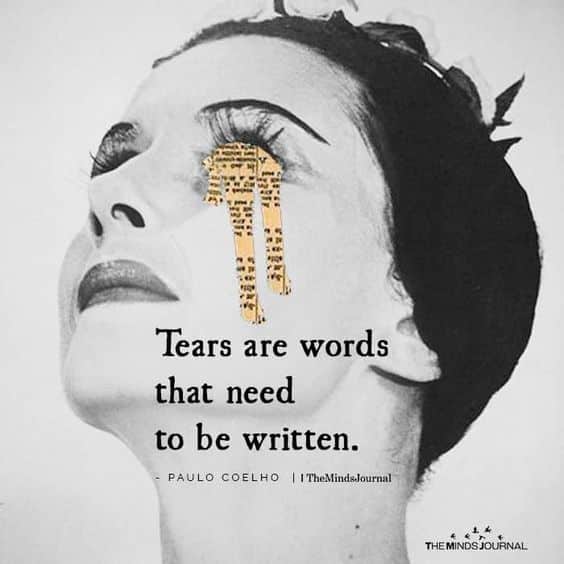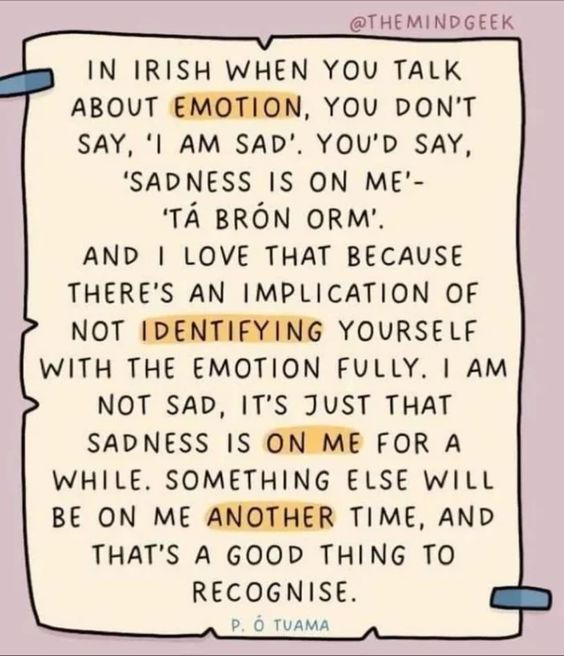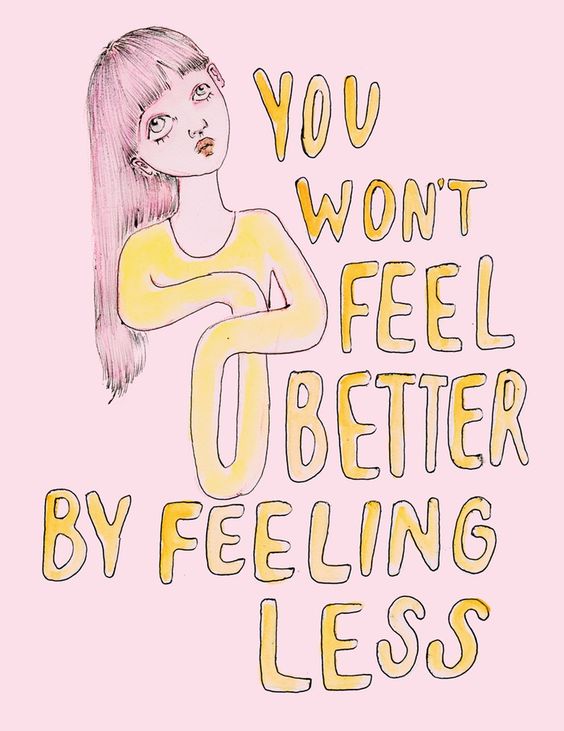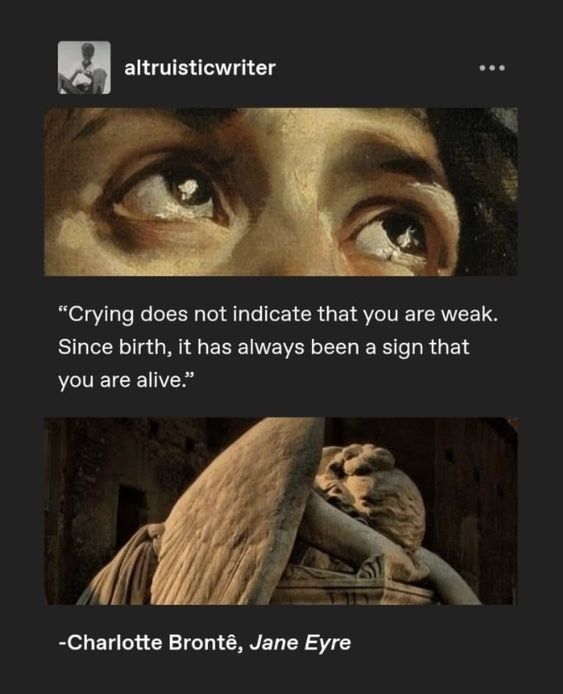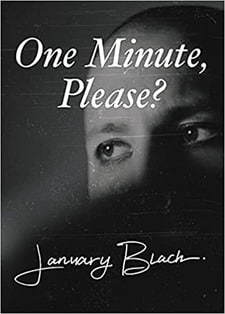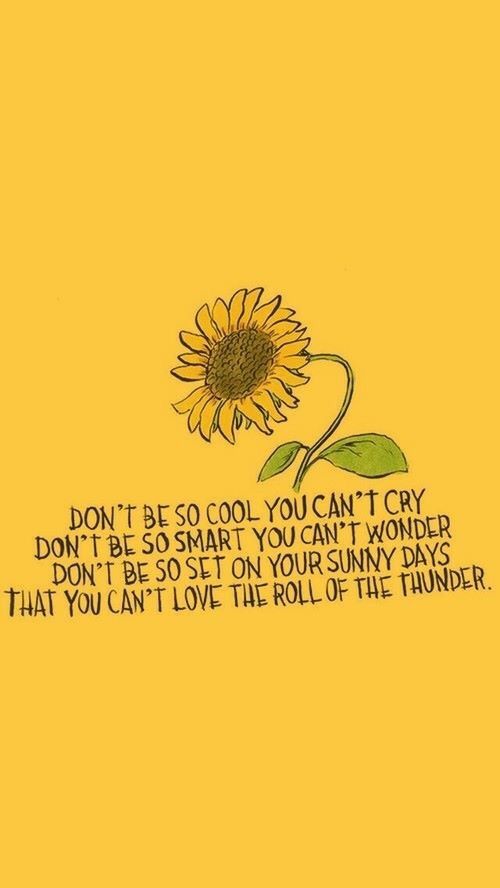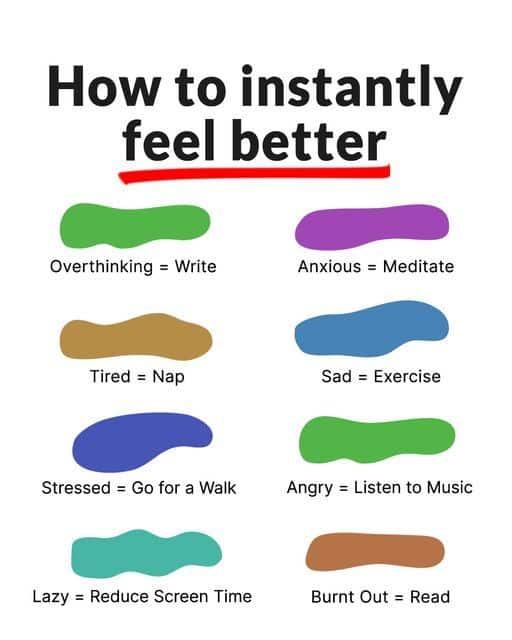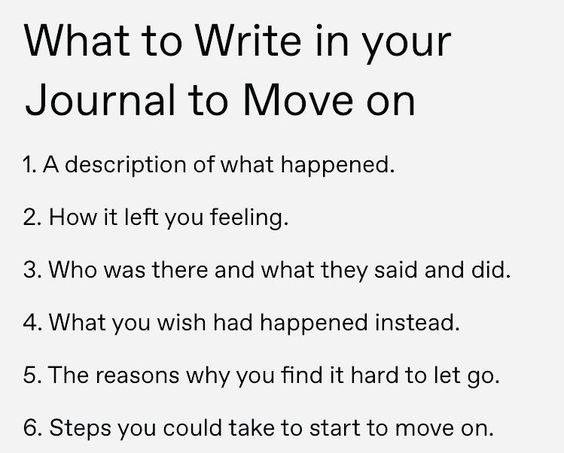“We want to see [fear] as its own entity, separate from us. When we talk about our emotions, we usually say we are that emotion. I am angry. I am sad. I am afraid. Talking to our fear separates it from us and helps us understand that the fear is not us, it is just something we’re experiencing. When you meet someone who gives off a negative vibe, you feel it, but you don’t think that vibe is you. It’s the same with our emotions—they are something we’re feeling, but they are not us. Try shifting from I am angry to I feel angry. I feel sad. I feel afraid. A simple change, but a profound one because it puts our emotions in their rightful place.”
Jay Shetty, Think Like A Monk (Page 55)
“Thoughts are not facts. They are a mix of opinions, judgements, stories, memories, theories, interpretations, and predictions about the future… Just as thoughts are not facts, feelings are not facts either. Emotions are information, but when that information is powerful, intense and loud, as emotions can be, then we are more vulnerable to believing in them as a true reflection of what is going on. I feel it therefore it must be a fact. Emotional reasoning is a thought bias that leads us to use what we feel as evidence for something to be true, even when there might be plenty of evidence to suggest otherwise.”
Julie Smith, Why Has Nobody Told Me This Before?
“How well we get along with ourselves depends largely on our internal leadership skills—how well we listen to our different parts, make sure they feel taken care of, and keep them from sabotaging one another. Parts often come across as absolutes when in fact they represent only one element in a complex constellation of thoughts, emotions, and sensations.”
Bessel van der Kolk, The Body Keeps The Score (Page 282) | ★ Featured on this book list.
“This being human is a guest house. Every morning is a new arrival. A joy, a depression, a meanness, some momentary awareness comes as an unexpected visitor… Welcome and entertain them all. Treat each guest honorably. The dark though, the shame, the malice, meet them at the door laughing, and invite them in. Be grateful for whoever comes, because each has been sent as a guide from beyond.”
Rumi, via The Body Keeps The Score (Page 279)
“As long as you keep secrets and suppress information, you are fundamentally at war with yourself. Hiding your core feelings takes an enormous amount of energy, it saps your motivation to pursue worthwhile goals, and it leaves you feeling bored and shut down. Meanwhile, stress hormones keep flooding your body, leading to headaches, muscle aches, problems with your bowels or sexual functions—and irrational behaviors that may embarrass you and hurt the people around you. Only after you identify the source of these responses can you start using your feelings as signals of problems that require your urgent attention.”
Bessel van der Kolk, The Body Keeps The Score (Page 235) | ★ Featured on this book list.
“Desensitization to our own or to other people’s pain tends to lead to an overall blunting of emotional sensitivity.”
Bessel van der Kolk, The Body Keeps The Score (Page 224)
“[Elvin] Semrad taught us that most human suffering is related to love and loss and that the job of therapists is to help people ‘acknowledge, experience, and bear’ the reality of life—with all its pleasures and heartbreak. ‘The greatest sources of our suffering are the lies we tell ourselves,’ he’d say, urging us to be honest with ourselves about every facet of our experience. He often said that people can never get better without knowing what they know and feeling what they feel.”
Bessel van der Kolk, The Body Keeps The Score (Page 26) | ★ Featured on this book list.
“The moment we find ourselves feeling bored, sad, anxious or complacent we reach for our phones, a prescription or a self-help book. We’ve become terrified of feeling anything negative. I’m not going to point a finger, but if someone held a gun to my head and told me to point a finger, I’d point to Instagram and Twitter and Facebook. I’d say we were due. I’d say that when you have an entire society overly focused on sharing the upper 1% of their days in a virtual world 24/7, we were bound to create some deep-rooted fears and insecurities around negative emotions. Now, we are forced to reap what we have sown.”
Cole Schafer (January Black), One Minute, Please? (Page 64)
One Minute, Please? [Book]
Book Overview: A book of poetry by Cole Schafer aka January Black. Written on the back of the book: “To be candid, I’m not entirely sure what the fuck any of this is about. But, if you have a minute… I do think I can make you feel something.”
Post(s) Inspired by this Book:
26 Cole Schafer Quotes from One Minute, Please? on Love in a World of Conditions, Screens, and Pain
